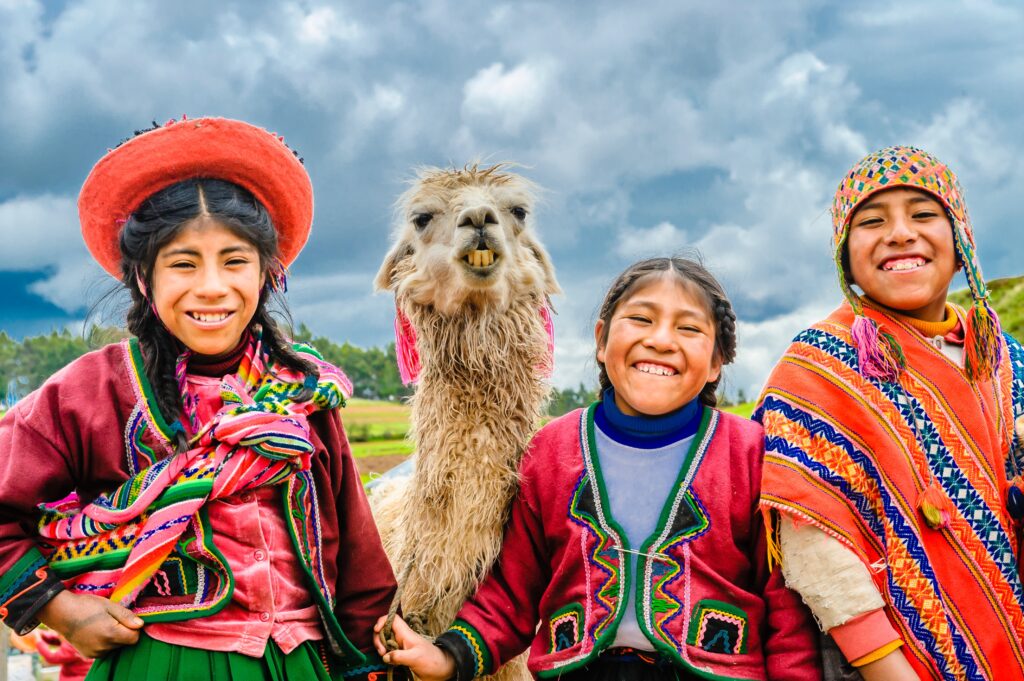Refugee and Migration Rules: Discussions concentrate on providing proper protection, humanitarian aid, and fair treatment to refugees and migrants, as well as finding long-term solutions to forced displacement and resolving the issues related to immigration and asylum policies.
The right to asylum and refugee rights with respect to the Universal Declaration of Human Rights (UDHR) are hotly debated and contentious issues. While the phrase “asylum” or “refugee” is not directly mentioned in the UDHR, it does include many clauses pertinent to safeguarding those seeking shelter from persecution or danger in other nations.
Article 14: “Everyone has the right to seek and to enjoy in other countries asylum from persecution.” This clause emphasizes the right of individuals to seek asylum, underlining that everyone should have the choice to find safety and shelter in another country if they fear persecution in their native country.
Article 15: “Everyone has the right to a nationality.” This article is related to refugee rights in an indirect way because it discusses the subject of statelessness, which is frequently the result of forced displacement and escaping one’s own country. It means that people should not be arbitrarily stripped of their citizenship, which can seriously affect their capacity to access rights and protections.
The interpretation and application of these clauses are contentious, owing to diverse viewpoints on immigration policies, national security issues, and refugee management. The following important points frequently emerge in discussions about the right to asylum and refugee rights:
Legal Responsibilities: Different countries interpret international legal obligations imposed by numerous agreements, such as the 1951 Refugee Convention and its 1967 Protocol. There are differences in the scope of protection, the grounds for obtaining refugee status, and nations’ duty to give asylum and security to people escaping persecution.

























